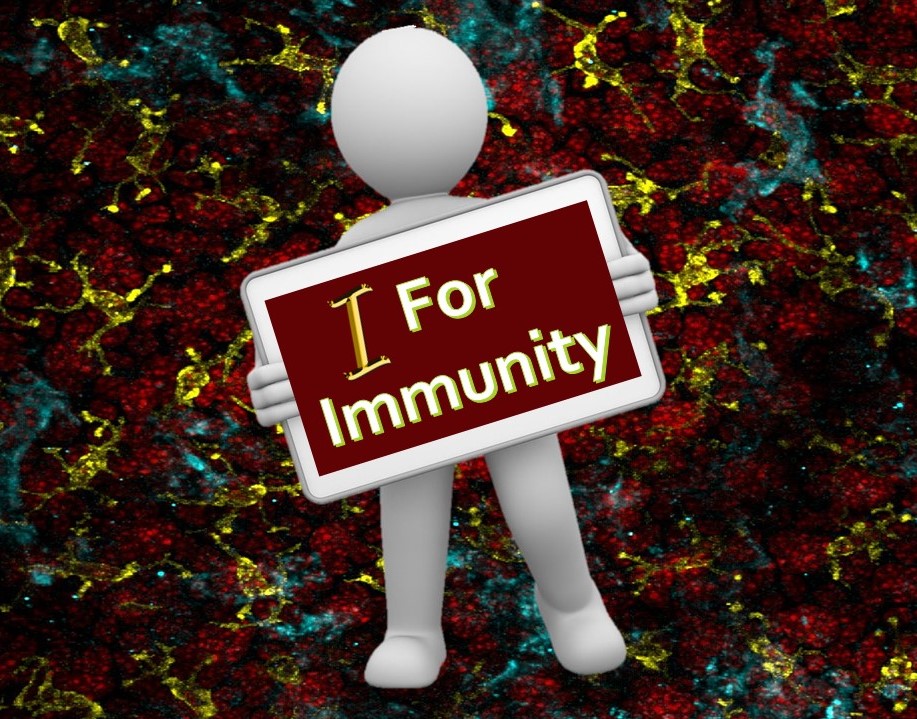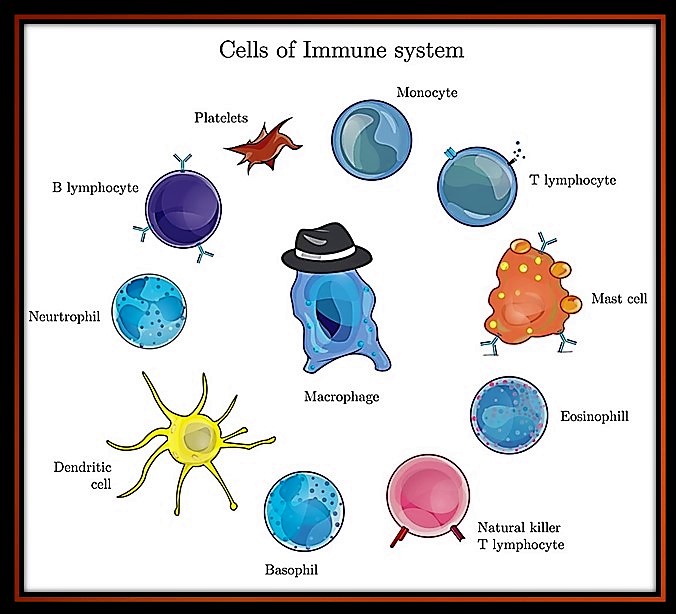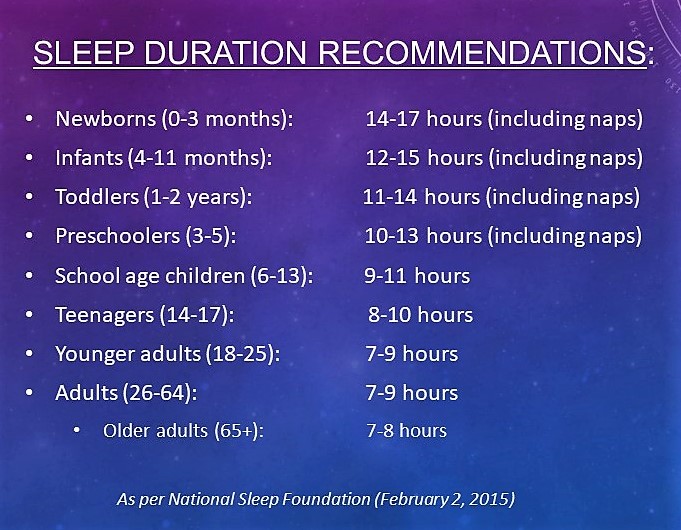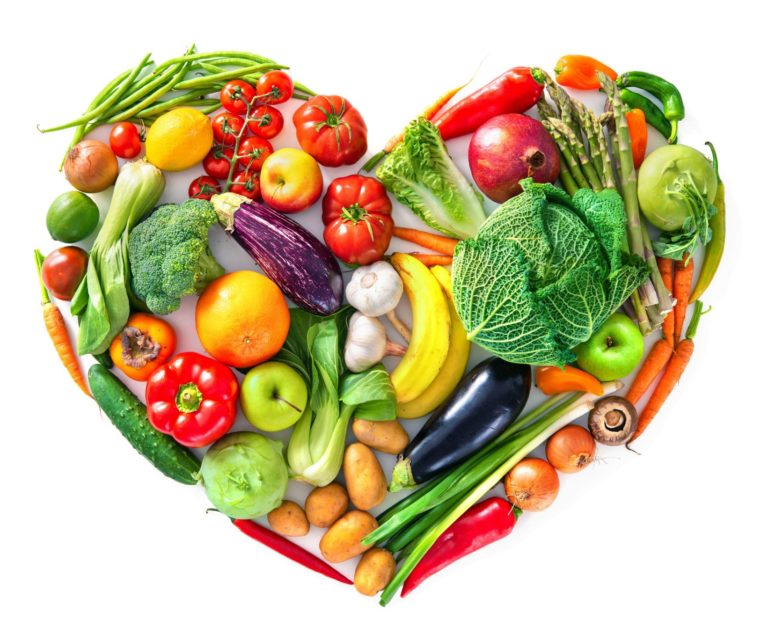
Click here to read this article in Marathi: इ…इम्युनीटीचा
Immunity….we are hearing this word more often since the pandemic has started. Our immune system is a complex network of cells, tissues, and organs. It is essential for our survival. Germs like bacteria or viruses attack our body and multiply, and make us sick. This is called an infection. Our immune system fights off the germs and protects us from the infection. This fighting power is called immunity.
What are the components of the immune system?
Skin: it helps to prevent germs from entering into the body
Mucous membranes: which are inner linings of some organs like the mouth, nose, etc. They make mucous and trap the germs.
White blood cells: are also called leukocytes, which fight germs. There are many different types of white blood cells: neutrophils, basophils, monocytes, macrophages, mast cells, T lymphocytes, B lymphocytes. They circulate in the body in blood vessels and the lymphatic vessels that parallel the veins and arteries. The white blood cells are stored in different places in the body1:
- Thymus — a gland between the lungs and just below the neck.
- Spleen — an organ that filters the blood. It sits in the upper left of the abdomen.
- Bone marrow — found in the center of the bones, it also produces red blood cells.
- Lymph nodes —small glands positioned throughout the body, linked by lymphatic vessels.

Our immune system recognizes any foreign or harmful substances as an antigen. Antigen could be germs like bacteria, viruses or chemicals or toxins. The immune system attacks the antigen. This is called an immune response 2. Part of this response is to make antibodies. Antibodies are proteins that work to attack, weaken, and destroy antigens. The immune system remembers the antigen, and if it sees it again, it recognizes and makes antibodies to kill the germs.
Everyone’s immune system is different. As we get exposed to more pathogens, our immunity gets stronger. That is why teens and adults tend to get sick less often than children. In old age, our immune response capability becomes reduced, which contributes to more infections and more cancer.
There are two types of immunity: active and passive.
- Active immunity results either by exposure to an infection or getting vaccines. Active immunity is long-lasting, and sometimes life-long.
- Passive immunity results when a person gets readymade antibodies rather than producing them. A newborn baby acquires passive immunity from its mother through the placenta and breast milk. Passive immunity lasts only for a few weeks or months.
The immune system should be balanced. Too much of an immune response is just as bad as too little response! Sometimes a person may have an immune response even though there is no real threat. This can lead to problems such as allergies, asthma. An overactive immune response can lead to autoimmune diseases, in which antibodies form against the body’s own tissues.
There are several ways to strengthen your immunity naturally3.
1. Get enough sleep: Sleep and immunity are closely tied. Poor sleep quality or inadequate sleep increases your chances to get sick easily. Getting adequate rest may strengthen your natural immunity. You sleep more when sick to allow your immune system to better fight the illness. Avoid screen (mobile, TV, computer, video games etc) at least one hour before bed. For more information, click here (SHHH…My Brain Is Sleeping)

2. Eat a balanced diet: Include more plant foods in your diet like fruits, vegetables, nuts & seeds (almonds, pistachios, cashews, walnuts, chia seeds, flaxseeds, hemp, sunflower, pumpkin seeds), and legumes (beans, lentils). The antioxidants in these foods help decrease inflammation by removing free radicals which are harmful to your body. Vitamin E acts as an antioxidant. The fiber in plant foods helps the growth of friendly gut bacteria and thus improves the immunity. Eat more fermented foods like yogurt, Kimchi, sauerkraut, some Indian foods (idli, dosa, dhokla, appam, lassi, rabdi etc). You can use probiotics. The vitamins (A, B complex, C, D, E) and minerals (zinc, selenium, iron) are essential for immunity. Vitamin B12 is generally not present in plant foods. Very few foods naturally have vitamin D. Fortified foods provide most of the vitamin D. Excess of vitamins can be harmful. Excess of vitamin A shuts down the immunity. Studies have shown that, people who had COVID and have low levels of Vitamin D, they encountered more complications than people with good levels of Vitamin D. Taking Vitamin D does not prevent Corona infection. If you are staying more indoors and unable to get enough sunlight, if your diet is not balanced one, if you are obese, if you have any co-morbid medical conditions like diabetes, heart issues or you are a smoker, consider taking Vitamin D supplements no more than 1000 IU-4000 IU daily. For more information: Vitamins and Minerals.

3. Eat more healthy fats: Enjoy beneficial fats. Get the majority of your fats from plants and fish and minimize saturated animal fats. Unhealthy fats are found in fried foods, baked goods, processed foods made with vegetable oils and packaged foods such as cookies, crackers or snacks. Olive oil and omega-3 fatty acids (found in fatty fish, eggs, chia seeds, flax seeds) may boost your immune system. For more information: A Mindful Diet
4. Limit sugar: Natural sugar from fruits, vegetables, grains, and dairy products are good for body. But artificial sugars or added sugars add unnecessary calories to your diet, which increases the risk for obesity and type 2 diabetes. It can weaken your immune system.
5. Regular exercise: Regular exercise is one of the pillars of healthy living. It improves cardiovascular health, lowers blood pressure, helps control body weight, and protects against a variety of diseases. Exercise can contribute to general good health and therefore to a healthy immune system. It may contribute even more directly by promoting good circulation, which allows the cells and substances of the immune system to move through the body freely and do their job efficiently. The recommendation for physical activity for adults is 150 minutes each week. You can do 30 minutes a day, 5 days a week. For more information: Dare to be Fit
6. Drink enough water: Dehydration can make you more susceptible to illness. Plain water is the best choice because it is free of sugars, sweeteners or other additives. The best way of staying hydrated is drinking decent amount of water plus eating hydrating foods to get vitamins, minerals and fibers additionally. The examples of hydrating foods are watermelon, strawberry, cantaloupe, peaches, oranges, pineapple, cucumber, milk, lettuce, soups, zucchini, celery, yogurt, tomatoes, bell peppers, cauliflower, cabbage, grapefruit, coconut water, spinach, apples, mushrooms, broccoli, lemon etc. For more information: Are You Drinking Enough Water?
| Age | Water intake |
| Ages 1-3 | 4 cups |
| Ages 4-8 | 5 cups |
| Ages 9-13 (Girls) | 7 cups |
| Ages 9-13 (Boys) | 8 cups |
| Ages 14-18 (Girls) | 8 cups |
| Ages 14-18 (Boys) | 11 cups |
| Adult women | 11.5 cups |
| Adult men | 15.5 cups |
7. Manage your stress: Relieving stress and anxiety is the key to immune health. Prolonged psychological stress can suppress the immune response. Manage your stress by adopting meditation, exercise, journaling, yoga, and other mindfulness practices. Develop a daily habit of building mental strength and give up bad habits that hold you back. Our physical and psychological health are inseparable. For more information: Brain Power Matters!
8. Do not smoke.
9. If you drink alcohol, drink only in moderation.
10. Take steps to avoid infection, like washing hands frequently and cooking food properly.
11. Get vaccinated. Vaccines stimulate the immune system to protect against illness. Vaccines teach the immune system to recognize specific pathogens and prepare them to mount a defense if they are encountered.
12. Avoid processed foods, soda, too much caffeine.
If you are healthy, supplements generally have no added benefit for your immune system. The ideal way to get all vitamins and mineral is from food except vitamin D, which is harder to get from food. Talk to your doctor regarding vitamin D supplementation. The bottom line is that aside from vaccines, healthy lifestyle is the only way to improve your immune system.
References:
- https://www.medicalnewstoday.com/articles/320101#the-immune-response
- https://medlineplus.gov/immunesystemanddisorders.html#:~:text=What%20is%20the%20immune%20system,body%2C%20they%20attack%20and%20multiply
- https://www.healthline.com/nutrition/how-to-boost-immune-health

Thank you for sharing this information. I liked balanced diet column.
Thank you 🙂
Very informative article with all necessary details in a very organised n understandable manner 👏👏🙏
Thank you 🙂
Really well explained …booster dose r me abt to immune system ,short but sweet explanation of additional points…👍👍
Thank you 🙂
Nice information, lucid and to the point. 👍🏻
Thank you 🙂